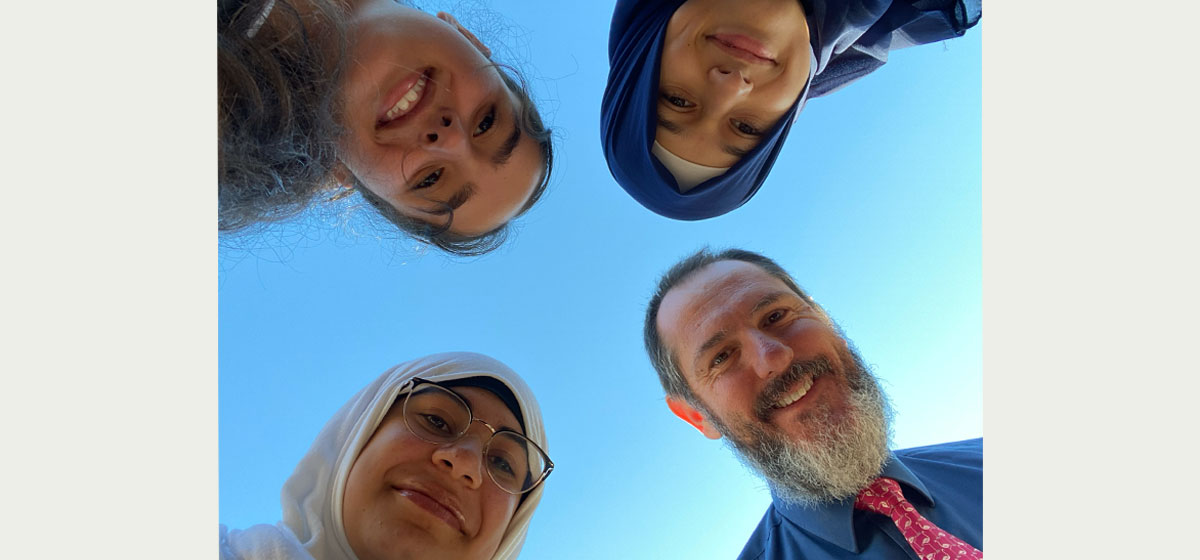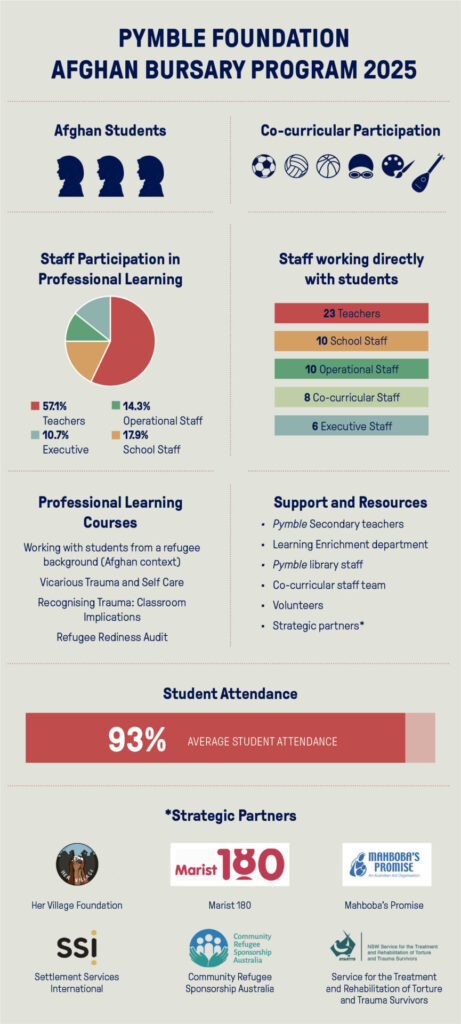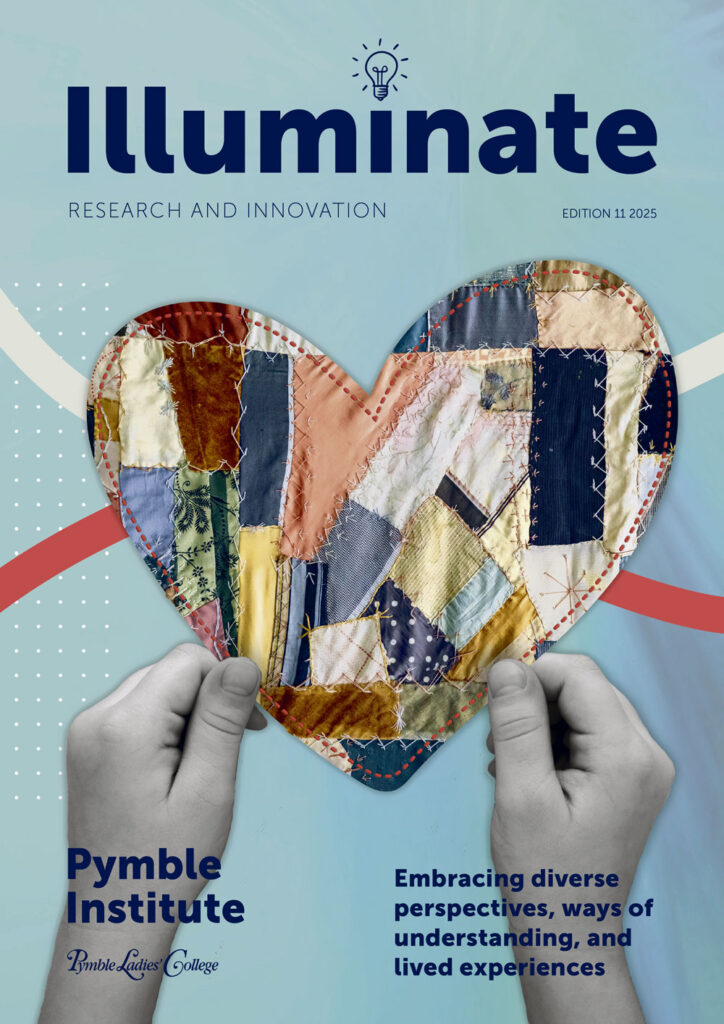Relationships first, then academics: Teaching refugee students
July 10, 2025 |

This article was written by Julie Shaw, Head of Social Impact, Pymble Ladies’ College and Mark Way, Mathematics Teacher, Pymble Ladies’ College
Providing education and educational opportunities for girls from less privileged backgrounds has been prioritised at Pymble since 1927 when the College Council recognised that a high-quality education can change the trajectory of the life of a student and her family. Amongst the first scholarships, an opportunity was offered to educate girls with good academic potential from families who could not otherwise afford to send their daughters to a secondary school, particularly after WWII and the Depression.
The Christina Campbell Scholarship was an early example. It awarded ‘approximately 25 pounds per annum at certain intervals’ and gave preference ‘to daughters of Returned Sailors and Soldiers or to those whose parents could not otherwise afford to send their daughters to a secondary school’ (from the College Archives). Since those early years of the College, there has been a sustained commitment to less privileged students, notably through the First Nations Scholarships Program, the Barbara Mary Nippress Memorial Foundation Scholarship, and the Pymble Foundation Refugee Bursary Program.
In 2024, three new Pymble Foundation Scholars from Afghanistan joined the College. They had been living in Sydney for more than a year and attended local public schools, which was where their relationship with Pymble began. In 2023, the College was enthusiastically involved in running after-school activity programs for these students, including Saturday swimming lessons and other initiatives to support the girls’ English language development through socialising, sport, and play. All the students in this after-school program had arrived in Australia without parents, and were being supported by older siblings or the international charity, Mahboba’s Promise. An episode of the ABC TV program, Australian Story (2023) explains how the founder of the charity, Mahboba Rawi, and her son have helped hundreds of orphans escape from Kabul since the Taliban claimed power in 2021.
Staff and students of Pymble Ladies’ College have wrapped their arms around these students over the past academic year and we have witnessed a transformation from shy newcomers to engaged community members as the three girls have embraced the myriad of opportunities that Pymble provides. The goodwill and humanity of Pymble’s secondary school teachers and broader staff has made a significant impact on the lives of our three Afghan girls. Malalai’s compelling story is told by the Community Cohesion team at the Association of Independent Schools (NSW), illustrating the transformational power of dedicated teachers and a supportive community. The personal and academic progress made by Malalai and the other Afghan students reveals that through their commitment to adapting the curriculum, tailoring lessons, and building strong relationships, teachers make all the difference. Teachers play a vital role in enabling students to engage in learning, especially those who have been impacted by trauma.

A teacher reflection
Pymble teacher, Mark Way, embraced the opportunity to support one of the Afghan students through additional tutoring in Mathematics. A candidate in the 2024 Pymble Plus program, which recognises our experienced teachers, Mark completed his project for the program on the skills needed to effectively teach students who have experienced trauma in their backgrounds. Mark used his own practice to reflectively explore the journey a teacher takes when learning about these specialised needs and created a microsite to capture resources future teachers can use.
The microsite will be shared with Pymble teachers who teach students from refugee backgrounds and teachers interested in professional learning in this area. It includes workbooks emphasising identity, connection and personal story telling, as well as prompts for sharing culture, language and experiences. It supports teachers from any Key Learning Area with strategies to build trust with students whose school lives have been significantly disrupted and their learning impacted as a result.
Mark reflects on his journey to teach refugee students
My student and I started our lessons with her Year 9 class and we quickly discovered that, whilst she tried very hard, that she was not going to be able to do the same work as her mainstream class. We gave her a Year 7 NAPLAN test to see what she would be able to answer and she sat with a staff member who could speak Farsi (a language they could both understand) because she was unable to read and interpret the questions to answer them. She also sat for a PAT Maths test and struggled due to her inability to interpret the questions. Even though both test results were relatively unreliable, they still revealed that there were many gaps in her learning that needed to be filled and it was decided that we would go to the library for individual support. During this time in the library, my student made the decision to start high school again in Year 7 to give herself the best opportunity to fill in these gaps.
Our first few lessons in the library started somewhat awkwardly – there was an obvious language barrier and Google Translate wasn’t very helpful because it only had a translator for Persian, which is similar to my student’s first language (Dari). Added to this, there is only so much that can be accomplished with limited understanding of each other and we found it difficult to fill in the entire hour with meaningful learning. Our lessons would usually start with practice of addition, subtraction and multiplication (division was a foreign concept at this point) but she would usually last for about 20-30 minutes before she tired. After this point there was little benefit in trying to make her learn or practice anything new because she would be so exhausted she would start to throw out random guesses until she eventually got the correct answer. To spread out the lessons more, I incorporated regular short breaks which included Kahoot quizzes, casual conversations and games. I also asked her to teach me new words in her language (which, unsurprisingly, was extremely difficult and exhausting).
As the weeks passed, we slowly progressed through learning the four operations. My student became fairly proficient in addition, subtraction and multiplication of numbers with two or more digits. She was gradually memorising her times tables which made the process quicker. However, division was proving to be a challenge as she had difficulty understanding the concept of dividing a number into equal parts. We tried using number lines but she had trouble when the line didn’t increase in intervals of one. There was some success using counters and fraction rods but she then couldn’t see the relationship between using the rods and doing the division. Eventually, we used multiplication tables to work backwards to divide numbers and this method had the most positive effect.
During these weeks in Term 1 and the start of Term 2, I felt as though we weren’t really moving forward as well as I would have hoped. One lesson she would seem to demonstrate excellent understanding but then the next would be as if we hadn’t learnt anything. Whilst, on average, there was gradual improvement, progression was definitely not linear. Added to this, my student could be a completely different person from one day to the next. One day she would be focused and ready to learn and other days she would want to play games from the very beginning and completely guess random answers to questions. I was trying different methods to help her understand but I felt as though I was not succeeding in this regard.
It was suggested to me that I should research trauma informed teaching to see if I could attain some knowledge to help my student learn more effectively. I enrolled into an online TTA course and researched teaching students with a refugee background. This provided valuable insight into how students who have experienced trauma learn and how their brain is wired. I discovered that, whilst I was trying all these different methods to help my student academically, she was simply trying to survive in a world that may not have been particularly kind to her in the past. Her brain was not wired to take on new information – it was wired to be fixed in its world of familiarity, stability, routine and safety. It is not comfortable with ambiguity, vulnerability or making mistakes. Attempting to learn new content is stressful for a student who has experienced trauma whereas a student who hasn’t may find it exciting. I started to understand that it was normal to have many ups and downs in my student’s learning and that the most success will happen when my student trusted me. It was about the relationship, not about the academics.
As it turned out, taking breaks in our lessons to play games, learn her language or chat were some of the best strategies that could have been used to improve our relationship and build trust with my student. It was a slow process, but she started taking more risks by genuinely attempting to answer more questions and she became more comfortable getting some of them incorrect. It was also very clear that she was receiving the same care from her other teachers. Her speaking and writing were improving dramatically and she even started writing stories and poems, one of which she published on a website. My student’s biggest breakthrough in Mathematics was when we started algebra. She enjoyed the processes used to operate with pronumerals and she was very adept at solving equations. In her (slightly modified) assessment she received full marks in the algebra section and received a genuine B Grade for that outcome. Achieving this result gave my student an enormous morale boost and she has continued to show commitment to learning new skills.
I have observed my student grow in all aspects of her schooling and continue to be amazed at how she has settled into the fast pace of Pymble. It isn’t always smooth sailing – we still have occasions where she is throwing out random answers and she still has a rather unhealthy desire to play games too often – but she diligently works towards improving her results and always does it with a smile. It has been an absolute pleasure working with her and, as her Compass teacher, I look forward to continuing to assist her in her future years.
The student perspective
At the end of her first year at Pymble Ladies’ College, Mark’s student reflected on her transformative learning experiences which are establishing new habits. The role of her teacher has been key which is something educators know about, but a story worth sharing:
PYMBLE STUDENT
“A staff member who has been significant to my life this year is Mr Way. He helped me to improve my Maths. He has practice with me every time I started to learn more Maths.
He made the Maths easy for me but I’m so grateful for him. I’m so happy to have that kind of teacher in my life. I just want to say thank you for all your hard work that you did for me this year at Pymble. I enjoy doing Maths with you every time.”


